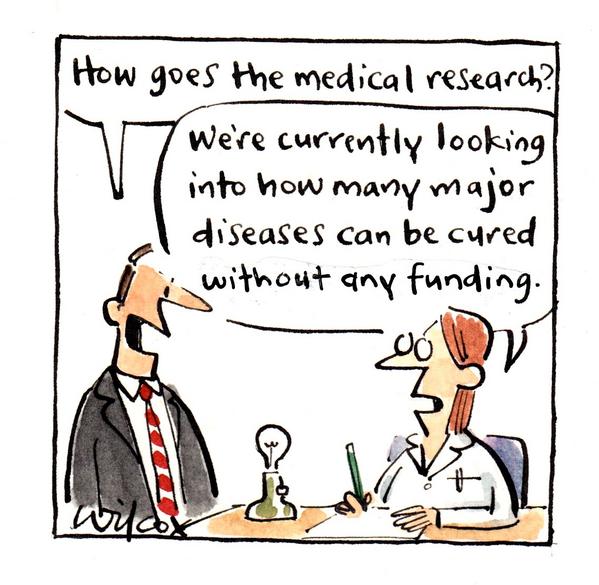I have been looking at the attempts to sort out the scandal that many of us are having to live through with regard to lack of proper biomedical research and treatment for ME.
Newly invigorated by yet another self promoting article featuring Simon Wessely - I have decided I have to try to do something - but I dont want to waste my energy with schemes that will likely achieve nothing.
In discussion with Graham about his project contacting MPs - he informed me that infact Ian Gibson put together an enquiry in 2006 that indeed sought to answer these questions and request exactly this.
http://evaluatingpace.phoenixrising.me/givemethemoney.html
http://www.erythos.com/gibsonenquiry/Docs/ME_Inquiry_Report.pdf
My question is for anyone who knows - what did it achieve? It seems like nothing! In liue of this - what the hell can we do if they have a parliamentary inquiry but it still makes no difference - and the only major UK spend goes to the PACE trial?
Newly invigorated by yet another self promoting article featuring Simon Wessely - I have decided I have to try to do something - but I dont want to waste my energy with schemes that will likely achieve nothing.
In discussion with Graham about his project contacting MPs - he informed me that infact Ian Gibson put together an enquiry in 2006 that indeed sought to answer these questions and request exactly this.
http://evaluatingpace.phoenixrising.me/givemethemoney.html
http://www.erythos.com/gibsonenquiry/Docs/ME_Inquiry_Report.pdf
My question is for anyone who knows - what did it achieve? It seems like nothing! In liue of this - what the hell can we do if they have a parliamentary inquiry but it still makes no difference - and the only major UK spend goes to the PACE trial?

